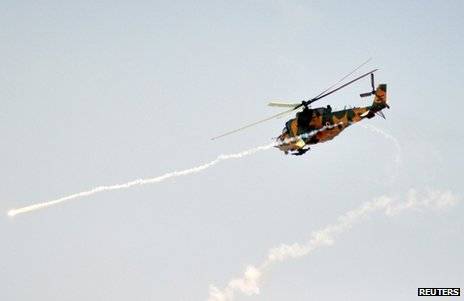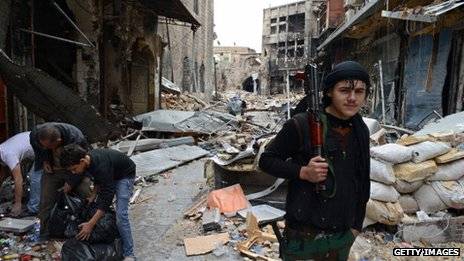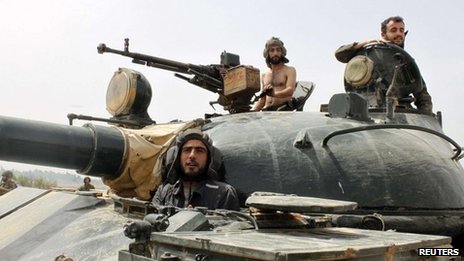- Banned
- #1
Some of highlighted mass casualties by (radical) Islam in four decades - 1971-2011 (updated Feb. 2012)
PS
Most Israeli casualties are innocent non-combatants. Most Arab "Palestinian" casualties are combatants and/or involved in violent attacks. Not to mention Arab-Islamic intentional routine in causing deaths on their side via human shields. Same goes to Hezbollah tactics.
In fact: IDF's unparalleled record of sparing civilians in counter-terrorism operations.
---
Of course, that's besides the last bloody decade of over 18,000 Islamic terror attacks since 9/11/2001.
Note: Baathist racist Arab tyrants like Saddam Hussein, carried out masssacres in the name of Islam and 'anti-infidel' ideology [as well].
- 2,000-25,000 between Jordanians and "Palestinians" 1970 ('Black September').
[Yasir Arafat, Palestinian Leader and Mideast Provocateur, Is Dead at 75 - Obituary (Obit); Biography - NYTimes.com]
- 3,000,000 - Bangladesh, 1971 (by Yahya Khan).
[BBC News - Bangladesh war: The article that changed history]
- 300,000 - Uganda (1971-1979 under Idi Amin).
[BBC News - Venezuela's Hugo Chavez defends 'Carlos the Jackal']
- 20,000 - Syria (1982, Hama by H. al-Assad).
[http://www.nytimes.com/2012/02/15/opinion/friedman-like-father-like-son.html]
- Between 500,000 and 1,500,000 - Iran-Iraq war. (1980-1988)
[BBC NEWS | Middle East | The Iran-Iraq war: 25 years on]
- 10,000 - Iran (1988, massacre of political prisnoers).
[Mir-Hossein Mousavi 'involved in massacre', says report - Telegraph]
Or 14,000
[What is There to Celebrate? - Iran Press Watch]
Or 30,000
[Mass Executions of 88 in Iran (Iran Press Service)
http://news.google.com/newspapers?]
[*] Over 100,000 - Algeria (between 1992 and 2002).
[[url=http://www.bbc.co.uk/news/world-africa-14118856]http://www.bbc.co.uk/news/world-africa-14118856]
- Over 300,000 - Iraq (1979-2003) under Saddam Hussein.
[BBC News - Iraq uncovers 'Saddam Hussein-era' grave of 800 bodies]
- 300,000 - Lebanon 1970s-2000 by Syria and 'Palestinians'.
[archives2]
- 2,500,000 - Sudan, 1983-2005.
[George Clooney and John Prendergast: We can prevent the next Darfur]
- 7,000 - Syria (2011-2012 by Syrian forces with Iranian and Hezbollah active participation).
[UN Symbolically Censures Syria]
PS
Most Israeli casualties are innocent non-combatants. Most Arab "Palestinian" casualties are combatants and/or involved in violent attacks. Not to mention Arab-Islamic intentional routine in causing deaths on their side via human shields. Same goes to Hezbollah tactics.
In fact: IDF's unparalleled record of sparing civilians in counter-terrorism operations.
---
Of course, that's besides the last bloody decade of over 18,000 Islamic terror attacks since 9/11/2001.
Note: Baathist racist Arab tyrants like Saddam Hussein, carried out masssacres in the name of Islam and 'anti-infidel' ideology [as well].





